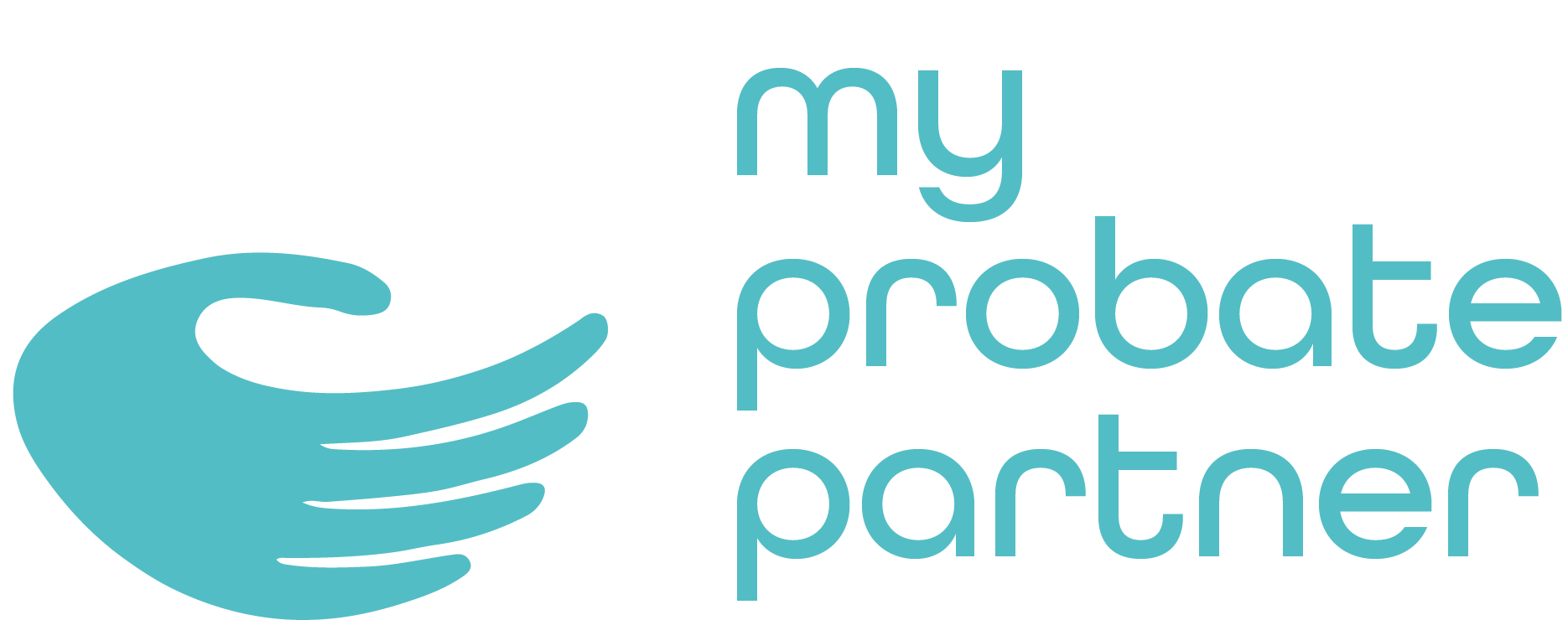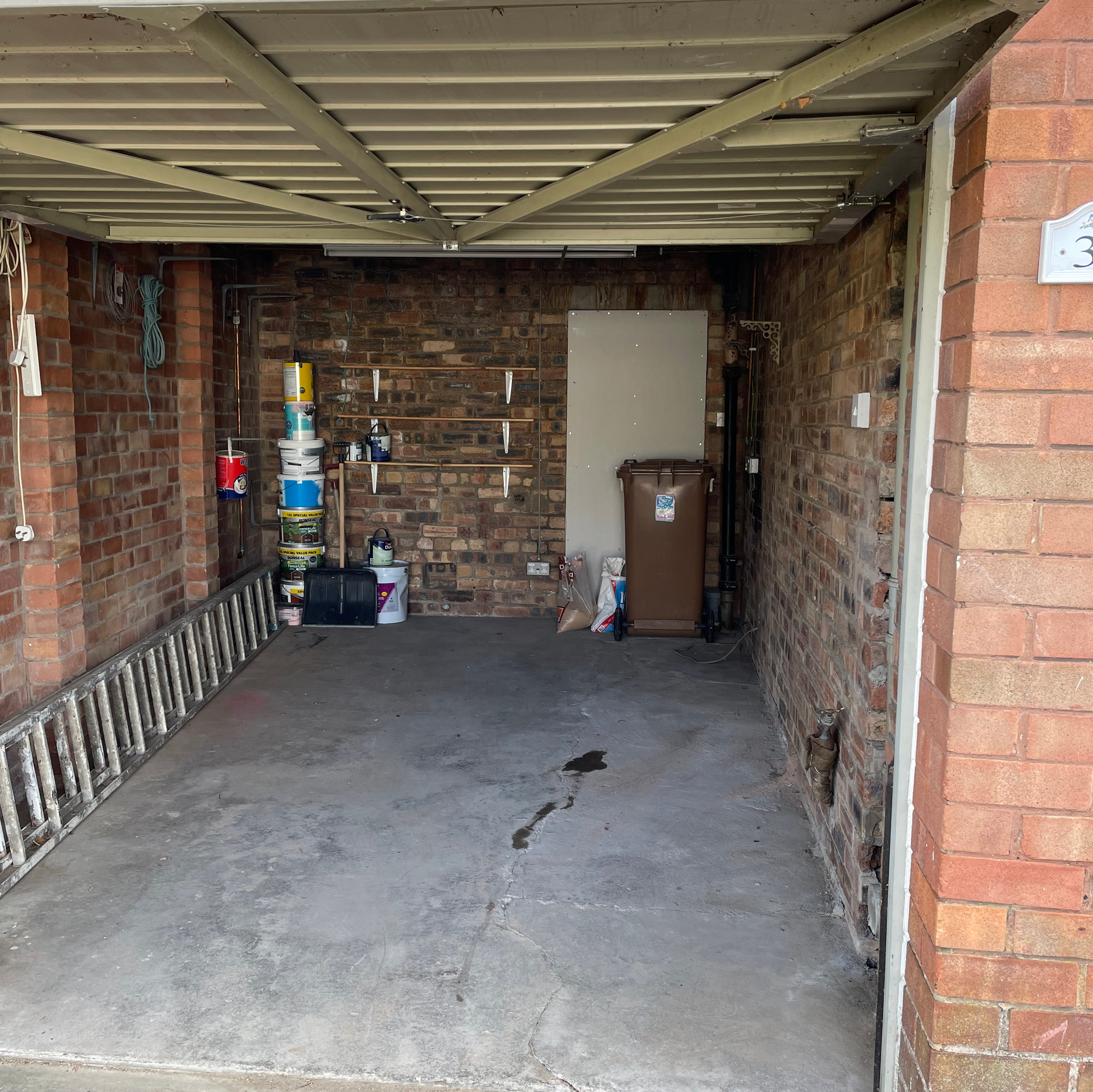Valuing an estate for probate in Scotland
If someone has died and you’re responsible for sorting out their affairs, you’ll need to know the value of their estate. The estate includes everything the deceased person owned at the time of their death. We know valuing an estate for probate can sometimes feel overwhelming, so we’ve broken it down into 3 clear steps for you to follow.
In this help guide
A note about probate and confirmation
Valuing the estate is the first step in the probate process. Probate in Scotland is officially called ‘Confirmation’ or ‘Confirmation of Executors’. The legal document is often called the ‘Grant of Confirmation’, ‘Certificate of Confirmation’, ‘Grant of Representation’, ‘Grant of Probate’, or ‘Letters of Administration’.
While there are many different terms, most people call it ‘probate’. For an overview of the whole probate process, please refer to our
Ultimate Guide to Probate in Scotland.
Not sure if you need to apply for probate in Scotland? Find out with our short
Probate in Scotland checker.
Why it’s important to value an estate
Knowing the value of the deceased person’s estate will determine:
- if you qualify for free help with probate
- if you need to pay a solicitor to help with the probate process
- which forms you need to fill in during the probate process
- how much tax you need to pay
Estate value below £36,000
If the value of the estate is below £36,000:
- the Sheriff Court will help you with probate for free
Estate value above £36,000
If the value of the estate is £36,000 or above:
- the probate process that you need to follow will depend on the value of the estate and whether the deceased person left a Will
In complex probate cases, you might need to hire a solicitor. In most cases, you won’t need a solicitor and can manage the probate process yourself. My Probate Partner offers a choice of probate support packages, to make sure you have a stress-free, efficient, and successful probate process.
At the start of your probate journey? Get free advice from one of our probate experts.
3 steps: How to value an estate for probate in Scotland
When valuing the estate, there are 3 steps:
- Step 1: Make a list of the deceased person’s assets and debts
- Step 2: Create valuations
- Step 3: Consider any gifts and trusts
Step 1. Make a list of the deceased person’s assets and debts
To value the estate, you first need to make a list of all the assets the deceased person owned at the time of their death. You’ll also need to know the total debts they had.
Assets
Assets include anything of value that the person owned at the time of their death. These can include:
- property
- personal possessions
- money, investments, stocks and shares
Debts
You’ll also need to know the debts of the deceased person. These can include:
- unpaid bills
- mortgage payments or rent
- loans
- credit card debts
It is common to also include the funeral costs in the list of debts.
How to find the assets and debts
To find the assets and debts of the deceased person, you might have to look through their paperwork, bank statements, and online bookmarks. It’s also useful to ask their friends, family, accountants, or solicitors.
When contacting banks or other companies for information about assets or debts, these companies will usually ask for a copy of the death certificate.
Step 2. Create valuations
All assets and debts need to be valued at the date of the person’s death. While debts usually have a clear monetary value, the process of valuing assets can feel more complicated. In this help guide we explain what you need to consider when making your valuations.
If the deceased person had jointly owned property, possessions, or a shared bank account, then you only need to list the value of the deceased person’s share. If they were married, the deceased person’s share is usually assumed to be 50%, with 50% still belonging to their surviving spouse.
How to value property
You need to value any property that the deceased person owned. If they jointly owned a property, you need to calculate their share. For example: if they owned 50% of a property worth £400,000, list the value as £200,000.
How you decide on the property valuation depends on whether Inheritance Tax will be due. To find out more about Inheritance Tax, refer to our help guide:
Inheritance Tax and the IHT400 form.
Property valuation: making an estimate
If you don’t need to pay Inheritance Tax, then you can estimate the value of a property based on recent sale prices of similar properties in the area. You can often find this information on
Rightmove.
Alternatively, you can ask an estate agent to value the property.
Submit a request for a free valuation.
If you’re planning to sell a property once the probate process is complete, and won’t be paying Inheritance Tax, it’s best to submit the highest justifiable estimate. That’s because if you sell it for more than the probate value, and there isn’t a surviving joint owner living in the property, then you might need to pay Capital Gains Tax.
Property valuation: getting a professional opinion
If you do need to pay Inheritance Tax, you should pay an RICS-regulated surveyor to value the property. Without this professional valuation, HMRC will often send their surveyor to value the property, which can delay your probate process.
How to value personal possessions
Personal possessions that need to be valued include:
- cars
- furniture
- jewellery
- antiques
- artworks
- books
- electrical items
- any other household items
You need to include all personal possessions in the valuation. How you decide to value the possessions depends on whether Inheritance Tax will be due.
Possessions valuation: making an estimate
If you don’t need to pay Inheritance Tax, you can estimate the total value of the possessions. Don’t list the insurance value. Instead, value items at the price they would get in their current condition on the open market. You can search sites like eBay to see what similar items have sold for.
For valuing cars, you can get a free online valuation from
We Buy Any Car.
For possessions which are jointly owned, you only need to include the amount belonging to the deceased person. For example, if an antique clock worth £5,000 was jointly owned by two people (one of whom was the deceased person), list the value as £2,500.
If none of the possessions are of much value, you could list all the possessions at a total nominal value of around £500.
Possessions valuation: getting a professional opinion
If you do need to pay Inheritance Tax, it’s best to get possessions valued professionally. Many people choose to get a local auctioneer to visit the property and value everything.
How to value money and investments
You’ll need to know the amount of money and investments that the deceased person had at the time of their death. You’ll therefore need to contact the organisations with which they had a financial relationship. Examples of these organisations include:
- banks
- building societies
- National Savings and Investments (NS&I)
You’ll also need to know if the deceased person held other types of assets. Examples include:
- life insurance
- pension providers
- stocks and shares
- investment funds
- trust funds
- business assets
Keep in mind that the deceased person might have investments, trust funds, bank accounts, and property outside of the UK.
Joint bank accounts
The money in a joint account is often jointly owned by both account holders.
When two people jointly owned the money in an account, list the deceased person’s share. For example: if a jointly owned account has £10,000 in it, list the value as £5,000.
In other cases, someone might have been added to a joint account simply to allow them access. A common example is when an elderly parent adds their child as an account holder to give them access to the money, but all of the money belongs to the parent.
Where there are two names on the account, but all the money was owned by the deceased person, list 100% of the money.
Not sure what accounts the deceased person had? Before applying for probate, you might want to pay to carry out a
financial asset search.
Stocks and shares
To value stocks and shares listed on the stock exchange, follow the simple steps in our
Valuing shares guide.
For shares held in private companies, you’ll need to contact the company directly and ask them to calculate the value of the shares. There are exemptions that can be used to avoid paying Inheritance Tax on certain types of shares.
Business assets
If the deceased person was a sole trader, you should include all of the business assets and accounts as part of their estate.
If they had partnerships or limited companies, you need to include the value of their share of the business, which you might need to ask an accountant to value.
Step 3. Consider any gifts
When valuing the estate, you need to include:
- any property, foreign assets, or trusts that the deceased person benefitted from
- anything the deceased person gave away after 1986 which they still benefitted from
For example: if the deceased person signed a house over to a child but continued to live in the property without paying the market rent, then the property needs to be included in their estate to calculate any Inheritance Tax.
You also need to include gifts worth more than £3,000 that the deceased person made in the 7 years before their death. There are a few exceptions, so to find out what gifts you need to include, visit
the UK government page on gifts.
In the list of gifts, make sure to include anything sold to a friend or family member for less than it was worth. For example: if the deceased person sold a house to their child for less than the market value, the difference in value will count as a gift.
Your probate checklist
To help you feel confident with probate in Scotland, here’s a checklist of important things to do:
🔘1. Know if you need to apply for probate in Scotland. Find out with our short
Probate in Scotland checker.
🔘2. Calculate the value of the deceased person’s estate.
🔘3. Once you know the value of the estate, find out if you need to fill out the IHT400 form.
🔘4. Find out if the Will of the deceased person is valid in Scotland.
🔘5. Clarify if you need to use a solicitor for probate. Find out with our free Smart Assessment Tool.
🔘6. If you don’t need a solicitor, decide if a probate support package is right for you.


